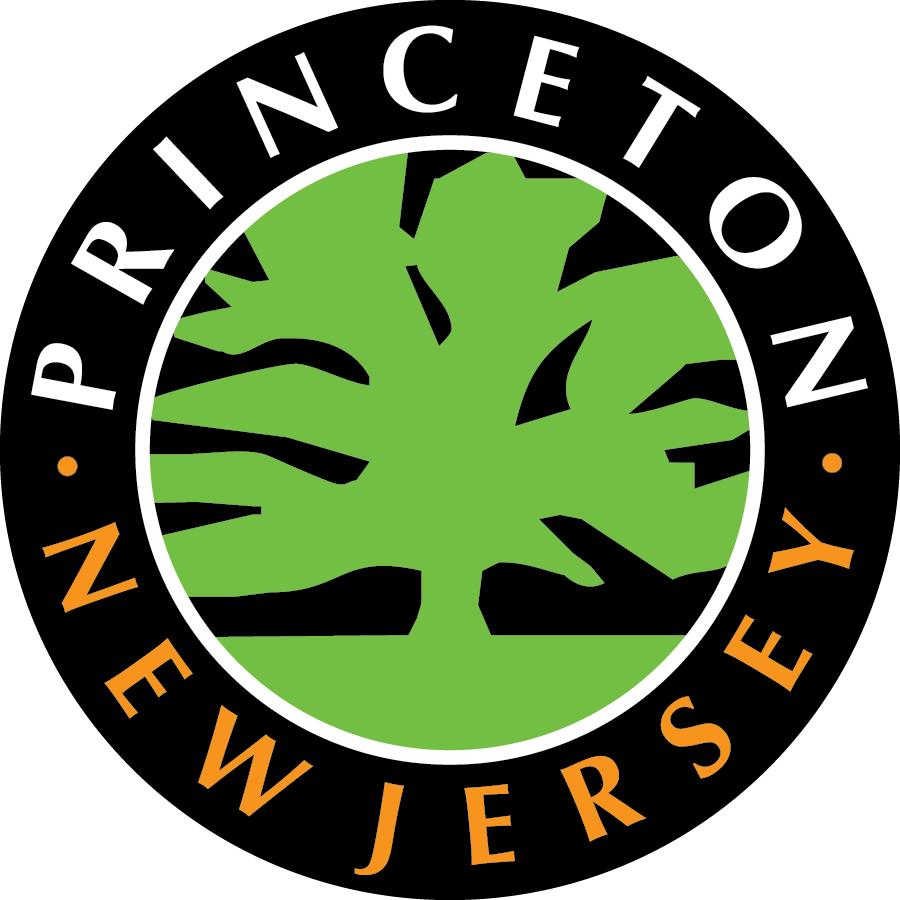The Princeton Council has approved a settlement agreement with the Fair Share Housing Center that will require the town to provide 753 affordable housing units to meet its “fair share” obligation between now and 2025.
The council approved the settlement and related resolutions at a special meeting that was held on Dec. 18.
The settlement agreement resolves a lawsuit that was filed against the town by the Fair Share Housing Center over its lack of affordable housing. The Fair Share Housing Center claimed the town’s obligation was more than 1,500 affordable housing units, but settled on 753 units.
Under the settlement agreement, Princeton will receive credit for 244 low- and moderate-income housing units that have been built and occupied.
The remainder of the units will be constructed through a variety of measures, including the rezoning of parcels for inclusionary housing developments. This means that 20% of the units would be set aside for very low-, low- and moderate-income households. The rest would be priced at the market rate.
Among the parcels to be rezoned for inclusionary development is a 4.5-acre parcel on the corner of Terhune Road and N. Harrison Street. It would accommodate 60 residential units with a 20-percent set aside.
The adjacent Princeton Shopping Center also would be rezoned for inclusionary development on the southern end of the 29-acre property. It could accommodate 200 family rental units, of which 44 would be earmarked as affordable housing. The shopping center would not be affected.
The 15-acre parcel on Thanet Road that is occupied by vacant office buildings at 100 Thanet Road and 101 Thanet Road would be rezoned for inclusionary development.
AvalonBay Communities intends to buy the property and develop it. The office buildings will be demolished and replaced with a 221-unit market rate rental development. It will set aside 11 apartments for affordable housing.
The settlement agreement also calls for an overlay zone on part of Nassau Street “to incentivize inclusionary and mixed-use redevelopment with a required affordable housing set-aside.” It would permit affordable housing units to be constructed above the commercial uses on the ground floor, if a property is redeveloped.
The overlay zone includes some – but not all – of the buildings on the south side of Nassau Street, between Charlton Street and Murray Place, as well as the office building at 195 Nassau St., 199-201 Nassau St. and 9-11 Charlton St.
Among the landmark properties on the list are Craft Cleaners, Jay’s Cycle, 7-Eleven and the Princeton Post Office, and the Sunoco service station.
On the north side of Nassau Street, it would include some – but not all – of the buildings between Chestnut Street and Pine Street. This includes the buildings that house Hoagie Haven, the Ivy Inn and the Blue Point Grill.
Farther east on Nassau Street, the overlay zone includes several parcels on the north side of Nassau Street, east of Harrison Street. The landmark properties are the Whole Earth Center and the Bank of America.
The Jewish Center of Princeton, on the south side of Nassau Street, is included in the overlay zone.
Princeton also may satisfy its obligation through the development of 100 percent affordable housing developments.
The Princeton Planning Board approved a 64-unit rental development project on the corner of Mount Lucas Road and Herrontown Road earlier this year. All of the apartments will be affordable to low- and moderate-income households.
AvalonBay Communities also has agreed to subdivide a 2.5-acre parcel from its Thanet Road properties and turn it over to Princeton to create an 80-unit, age-restricted 100% affordable housing development.
All of the new housing units that will be built under the terms of the settlement agreement will be rental apartments, which drew criticism from one resident. None of the new units will be for-sale units.
The resident said that while the developments follow smart growth principles, an opportunity is being missed for “equitable growth.” There is a need for low- and moderate-income households to be able to purchase a house, not just to rent an apartment, he said.
The strategy of rental housing is creating a “golden ghetto, which we don’t want,” he said. It is perpetuating inequality.
Shirley Bishop, the town’s housing consultant, replied that the trend is for people to rent rather than to own. Owning a home was the American dream, but now people want mobility, she said.
Mayor Liz Lempert said that while there is still a desire by some people to own a house, a low- or moderate-income household might face difficulty in qualifying for a mortgage. The town does have some for-sale affordable housing units, she added.
The Fair Share Housing Center sued Princeton, along with hundreds of New Jersey towns, over its failure to provide affordable housing under the apparent Mount Laurel doctrine. The doctrine was a landmark ruling in the history of New Jersey housing.
The Mount Laurel doctrine requires every town in New Jersey to provide its fair share of affordable housing. The doctrine grew out of lawsuits filed against Mount Laurel Township in Burlington County in the 1970’s.
Mount Laurel Township had rezoned for single-family-home developments, and did not provide for housing for less affluent residents.
The lawsuits led to the New Jersey Supreme Court’s Mount Laurel I and Mount Laurel II rulings, which required every town to provide an opportunity for its fair share of housing for low- and moderate-income households.
The state is divided into six regions for affordable housing standards. Princeton is in Region 4, which includes Mercer, Monmouth and Ocean counties. The median, or midpoint, income is $103,092 for a four-person household.
A four-person household that earns $30,928 is considered to be a very-low-income household. If its earnings are $51,546, it is considered to be a low-income household. At $82,474 annual earnings, it is considered to be a moderate-income household.

